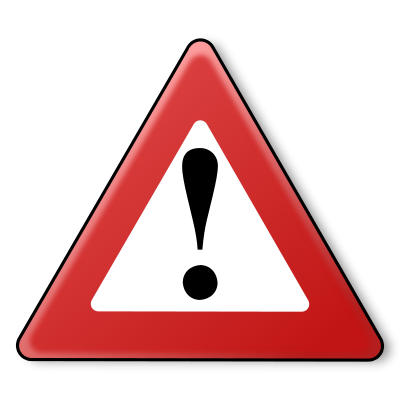Danger Signs
The danger signs should be taken very seriously.
These are the signs that someone is in danger of being killed by their partner. They are often missed by friends, family and others until it is too late. The signs are either not seen, or dismissed as not serious - yet we know that certain signs mean that a victim is highly likely to be killed by her partner.
We all need to know these danger signs so we can keep people safe.
Controlling behavior
Intimidation
Threats to kill
Strangulation and 'choking'
Worsening violence – more severe, more frequent
Intense jealousy or possessiveness
Stalking
Each incident or episode may not seem serious on its own. A pattern of controlling behavior will become obvious over time. Never assume that a victim is safe because she is planning to leave or has just left a violent relationship. Victims commonly underestimate the danger they are in believing “I can handle it”. Friends and family who have lost someone in a domestic violence death often noticed a change in the victim’s personality:
- “She was different around him”
- “She couldn’t make any decisions”
- “She became quiet and withdrawn”
The behaviors listed below are danger signs. If someone is using one or more of these, the victim is in real danger and needs urgent help
These signs are deadly serious. One or a cluster of these behaviors towards a partner mean that she is at risk of being killed.
The risk increases during or following separation. Don’t assume a victim is safe because she is planning to leave or has just left a violent relationship, many murders happen at this time.
Take Action - You may be the only one who does
If you know someone this is happening to don’t ignore it.
Do NOT let the victim be alone with the violent partner.
If this is happening to you, get help immediately.
- Contact Police at 911 for immediate danger
- Contact Us on our 24/7 SafeLine: 719-633-3819
- Help others to know and recognize the danger signs
- Support both victims and perpetrators to get help.
- Take action – you may be the only one who does.
